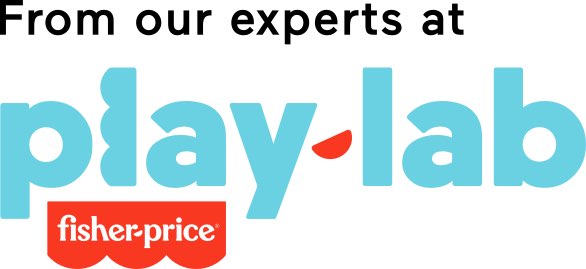Tiny Talker



Tiny Talker
Help your baby's first words
Life with a baby is filled with firsts. So, you’re bound to be wondering, when will I hear my baby’s first words?
Talking is easy for grown-ups. And sometimes the words come out too freely! But for your baby, it’s a whole new skill (and language) to learn!
Here’s everything you need to know about when your baby will speak. Plus, some tips and tricks to get your tiny talker started.
Talking Timeline


Loves to babble, coo and goo!


Mimics the rhythm of words & sounds.


Connects words to meaning. Likes to point.


Loves to babble, coo and goo!


Mimics the rhythm of words & sounds.


Connects words to meaning. Likes to point.


Labels people & things. Says ‘Hi’, ‘Bye’ & waves.


Knows a few simple words. Understands more.


Starts to say phrases. Learns 2-3 new words each day!


Labels people & things. Says ‘Hi’, ‘Bye’ & waves.


Knows a few simple words. Understands more.


Starts to say phrases. Learns 2-3 new words each day!

Remember!
Conversation starters
There are lots of ways to encourage your tot to start talking:


Reading
Choose stories with colourful pictures and repetition to help your baby get the feel of words.


Music
Babies love nursery rhymes. Sing songs like ‘Heads, Shoulders, Knees and Toes” with a favourite toy.


Play
Turn playtime into chat time. Toys like dolls and playsets let babies make up their own stories.


Reading
Choose stories with colourful pictures and repetition to help your baby get the feel of words.


Music
Babies love nursery rhymes. Sing songs like ‘Heads, Shoulders, Knees and Toes” with a favourite toy.


Play
Turn playtime into chat time. Toys like dolls and playsets let babies make up their own stories.
Tips and tricks


Show your baby how big people talk. Listen and make eye contact.


When your baby points, name the object. Ask them to say the word too.


Speak simply and slowly but avoid "baby talk".


Respond to your baby’s one-word sentences like “Doggy!’. Say “Yes, there’s Dylan, the dog. He wants to go for a walk.”


Show your baby how big people talk. Listen and make eye contact.


When your baby points, name the object. Ask them to say the word too.


Speak simply and slowly but avoid "baby talk".


Respond to your baby’s one-word sentences like “Doggy!’. Say “Yes, there’s Dylan, the dog. He wants to go for a walk.”


Bilingual Babies
When it comes to talking, your baby will soon find their voice. And even if they say the dog’s name before yours, don’t worry! Before you know it, they’ll be asking questions constantly.
Like “Why is water wet?” and “Why is it Tuesday?” Get ready to know the answer to everything

Related Articles

What to expect at 6-12 months
Now your baby is between 6 and 12 months – how time flies! From sitting up to...


































